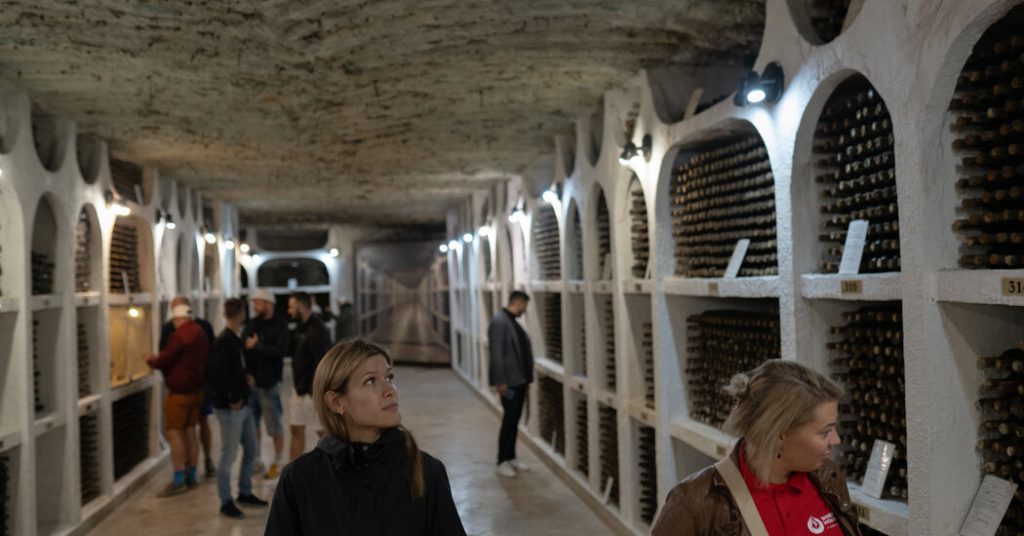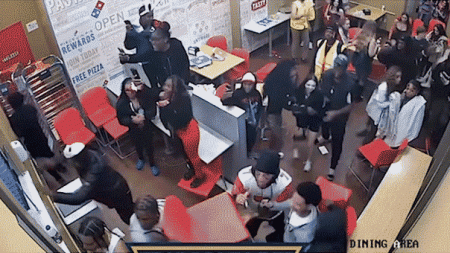The Cricova Winery, a sprawling underground labyrinth carved into limestone mines beneath Moldova’s vineyards, houses a vast collection of wines, a testament to the nation’s rich vinicultural heritage. This subterranean city, with its miles of tunnels named after grape varietals, boasts a unique history intertwined with both celebration and political tension. While it showcases remnants of Soviet camaraderie with figures like Yuri Gagarin, the first man in space, it also reflects the strained relationship with modern-day Russia, symbolized by the removal of Vladimir Putin’s wine collection from public display. This act of symbolic distancing highlights Moldova’s shift away from Moscow’s influence and towards a closer alignment with Europe.
The winery’s cellars, a fascinating intersection of history and oenology, hold over a million bottles, including those once belonging to prominent figures like Hermann Göring and John Kerry. The collection extends beyond mere historical artifacts; it represents the evolution of Moldovan winemaking, from the sweet wines favored during the Soviet era to the internationally acclaimed varieties produced today. The winery’s transformation mirrors Moldova’s own journey, as it transitioned from a Soviet republic reliant on the Russian market to an independent nation forging its own path.
The removal of Putin’s wine, a gift from Moldova’s former communist president, marks a significant turning point in the relationship between the two countries. While the bottles remain intact, their banishment to a darkened corner symbolizes the breakdown of ties following Russia’s invasion of Ukraine. This decisive break underscores Moldova’s commitment to distancing itself from Russia’s sphere of influence, a sentiment echoed by the constitutional amendments endorsed by Moldovan voters. The winery’s actions, therefore, reflect broader geopolitical shifts and a desire for a future independent of Moscow’s control.
The history of wine in Moldova is deeply entwined with Russia, dating back centuries. During the Soviet period, Moldovan vineyards provided a significant portion of the wine consumed in Russia, fostering a complex relationship that fluctuated between cooperation and conflict. The Soviet era’s anti-alcoholism campaign, initiated by Mikhail Gorbachev, led to the destruction of vineyards in Moldova and other regions, disrupting the established wine trade. While Moldova managed to preserve some of its vines, the campaign underscored the precarious nature of its dependence on the Russian market.
The anecdotes surrounding Cricova’s distinguished visitors, from Gagarin’s legendary wine tasting to Putin’s 50th birthday celebration, provide a glimpse into the winery’s rich history. The contrast between Gagarin’s celebrated image and Putin’s current status reflects the changing geopolitical landscape. While Gagarin remains a revered figure, Putin’s presence has become a liability, prompting the winery to remove his image and wine collection from public display. This stark contrast highlights the complexities of Moldova’s past and its evolving relationship with Russia.
The dedication of the Cricova winery’s workers, like the women who meticulously turn thousands of sparkling wine bottles each day, speaks to the enduring importance of winemaking in Moldova. Their painstaking efforts, carried out in the cool, constant environment of the underground cellars, ensure the quality of the wines that have become a source of national pride. This commitment to tradition, combined with the winery’s adaptation to new markets and evolving tastes, positions Moldova’s wine industry for a future independent of its past dependence on Russia. The story of Cricova, therefore, is not only a testament to Moldova’s vinicultural heritage but also a reflection of its ongoing journey towards self-determination.











